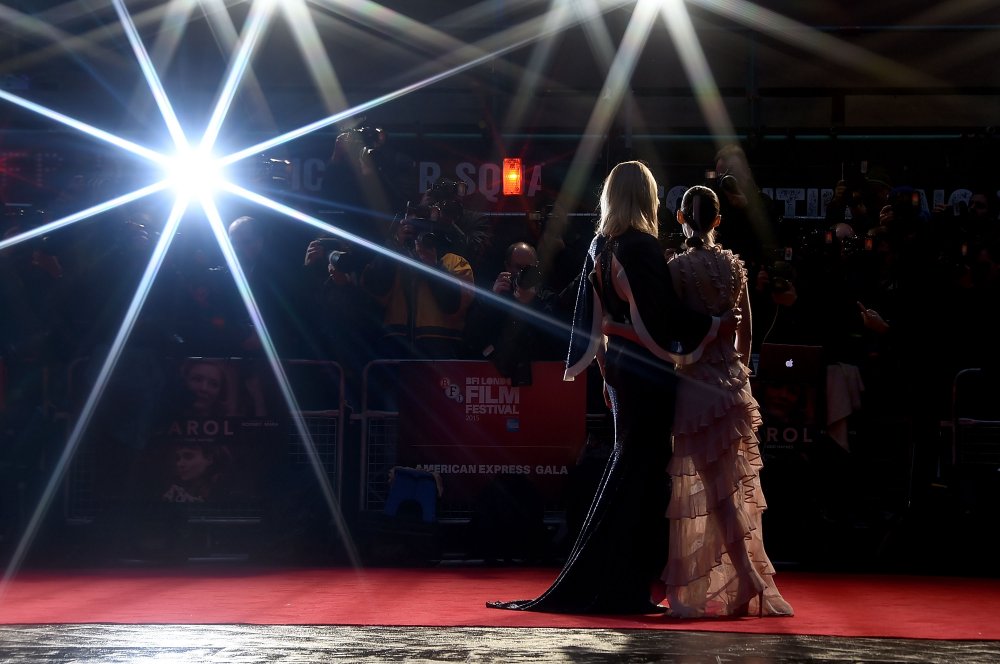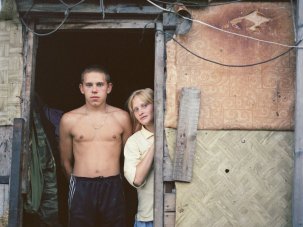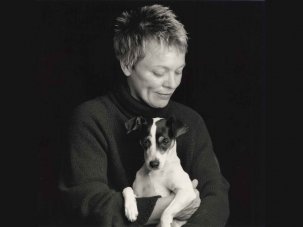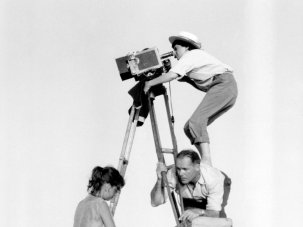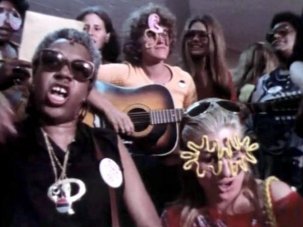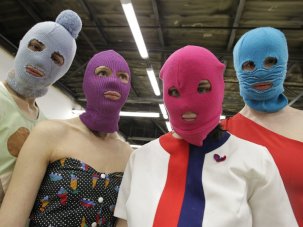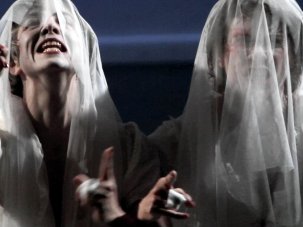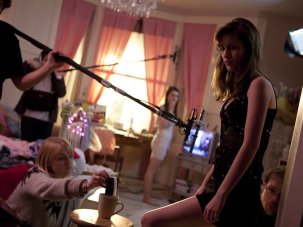This year’s London Film Festival, its director Clare Stewart announced, was to mark “the year of the strong woman”. But what might we mean any more by that much-used term? Two of the festival’s more prominent female guests encouraged us to think beyond the cliché.
At the press conference for Carol, red-carpet botherer Cate Blanchett (star of two gala premieres, Todd Haynes’s Patricia Highsmith adaptation and James Vanderbilt’s political drama Truth, and recipient of this year’s BFI Fellowship to boot) decried ‘strong woman’ as “a catch-all for complex”, urging journalists to “choose a different adjective”. Similarly, Geena Davis, in her keynote address at the festival’s global symposium on Gender in Media, organised in partnership with her Geena Davis Institute, expressed her leeriness of the term ‘role model’, a constriction on characters that could otherwise be colourful and interesting.
Yet the two actors offered different attitudes to the urgency of attaining parity in gender representation on-screen. Blanchett was laissez-faire, emphasising the “swathe of great roles for women” already offered by Hollywood and insisting that rather than talking about female representation, “It’s just time to get on with it.” (“Every time there’s interesting, complex roles played by actresses on-screen,” she continued, “someone says, ‘Do you think this is a breakthrough?’ and ‘Does this mean there’s going to be more of the same?’ We seem to find ourselves in the same conversation that’s somehow [meant to be] remarkable.”)
Davis, on the other hand, called for a change that is “immediate and dramatic.” Appealing to filmmakers, producers and other creators, the Oscar-winning actor (“The dictionary definition of actor is a person who acts, not a man who acts”) amplified two key issues: the desperate dearth of positive roles for women in front of the camera, and the same behind it.
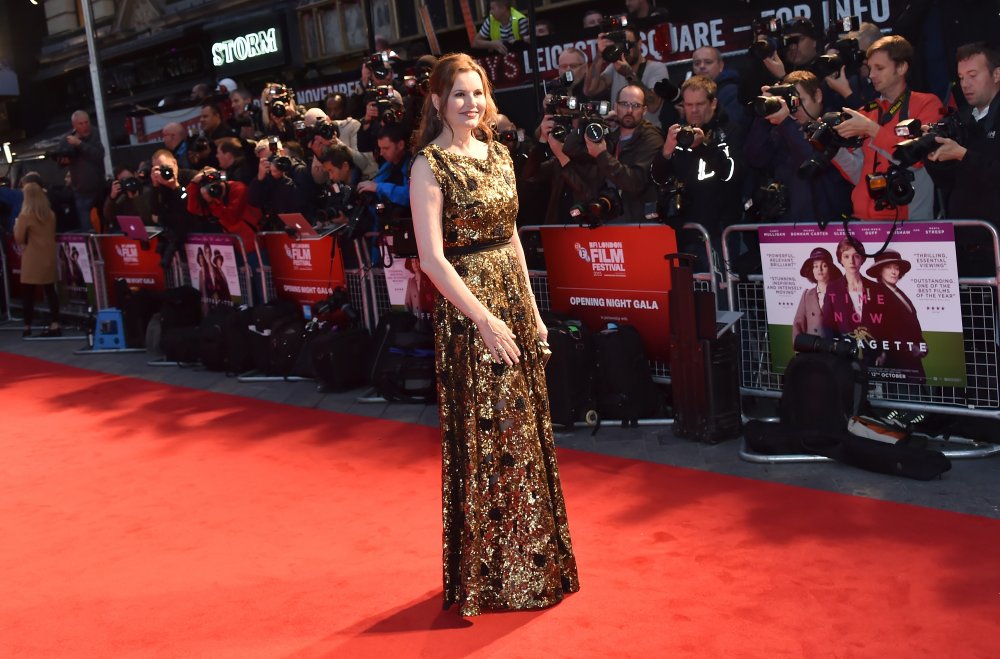
Geena Davis attending the London Film Festival opening night premiere of Suffragette (2015)
The statistics she highlighted were alarming: even supposedly non-gender-defined crowd scenes show bias, with women and girls, across both live action and animated films, making up an average of just 17 per cent of their throngs. “Perhaps Hollywood writers just assume that women don’t gather?,” she quipped, proving herself a wildly entertaining speaker, peppering her keynote with dry, droll wit, though her message was grave.
17 per cent was an ominous recurring number across her institute’s research. It’s the percentage of women in the US Congress, in print journalism, in engineering and in the animator’s guild; it’s the percentage of female law partners, cardiac surgeons, tenured professors and military officers. Davis proffered that female representation “stalls at this number because we have been trained – through the profound amount of media we see – to see that as the normal ratio.”
In the same report on global gender representation in film, the UK independent sample is world-leading when it comes to gender representation behind the camera, with 27.3 per cent female directors and 59 per cent female screenwriters (compared with just two female-directed films across the top 100 highest grossing films in the US). [The BFI’s own statistics differ – across different samples – registering 11 per cent of directors and 16 per cent of screenwriters on independent British movies in 2014, though rising to 18 per cent of directors and 37 per cent of screenwriters on the top 20 theatrical grossers.]Also underlined in the report was the increase in women’s stories that occurs when the filmmakers are also women – films with a female director attached had 6.8 per cent more girls and women onscreen than those without, while films with at least one female screenwriter showed an 7.5 per cent increase of female characters. In the UK, the percentage of female characters is 37.9 per cent, with 30 per cent of these being female leads or co-leads.
This suggests that female creativity begets female representation and female subjectivity, in the sense that female “storytellers tell stories that are authentic to them,” as Madeline Di Nonno, CEO of the Geena Davis Institute, offered. Yet Di Nonno intimated that this trend could also mean that “women [are] only being given the opportunity to write and direct films with more female characters, revealing a restriction in the range of direction and writing opportunities given to female filmmakers.” This seems a minor quibble given the mere seven per cent difference in gender representation between male and female creators. Further, this stress on lack serves as a troubling reinforcement, diverting attention away from the valuable work being done on the ground by female filmmakers.
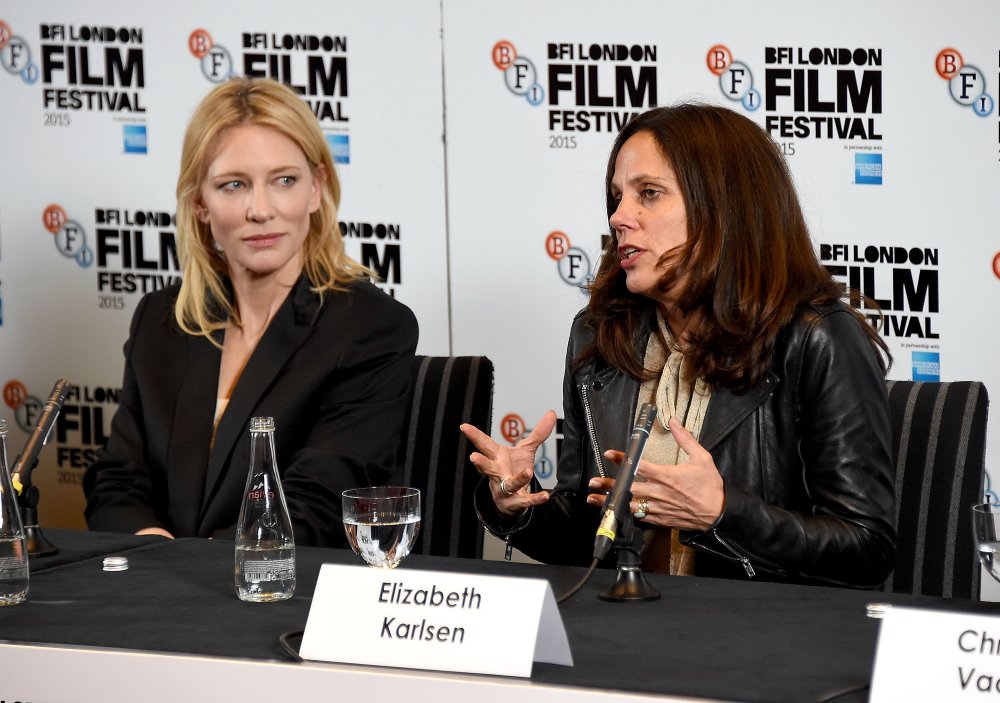
Cate Blanchett and producer Elizabeth Karlsen at the London Film Festival press conference for Carol (2015)
This work was explored in a panel discussion featuring some of Britain’s most talented female writers, directors and producers – screenwriter Abi Morgan, filmmaker Destiny Ekaragha and producer Elizabeth Karlsen – chaired by poet and writer Bonnie Greer. Greer, who wrote the 1996 short film White Men Are Cracking Up, reminded audiences that its director Ngozi Onwurah was the first black woman to direct a film in Britain (with Welcome II the Terrordome in 1995) – with Ekaragha (with 2013’s Gone Too Far!) being only the third.
Greer quizzed the women on stage about power – about how they negotiate and build their reserves of it, and whether women are afraid of it. “You find your team, and you try and grow with those people, to make the work you want to make,” advised Karlsen, whose produced Carol. While she warned that for both men and women power is a strange and insidious thing, and not necessarily something we should all aspire to, Karlsen called on female executives to wield their power to encourage other women. Speaking about (gender-balanced) focus groups for her films, she noted that female participants often introduced their comments by saying “I’m not as articulate as he was,” or “I’m so sorry I’m not expressing this very well.” Karlsen makes a point of countering these comments: “‘I’m the producer of the film – next time when you speak, don’t apologise, because what you said was so valid, and so incisive, and so important.’”
Morgan spoke of the need to tap into her personal power. “I read an article the other day that said: ‘Abi Morgan is the Greenlight Giant.’ I should test that. I should take more risks,” she said, and declaring her plans to focus on films about women for the next five years of her career.
“Deeds not words,” is the message at the heart of the festival’s female-centric opener Suffragette, screen-written by Morgan. Directed by Sarah Gavron, this polished period drama gives voice to the low rumblings of maternal rage that fuel the involvement of the fictional East End washerwoman Maud Watts (Carey Mulligan) in the Suffragette movement. The film has been criticised for the overwhelming whiteness of its cinematic universe (it doesn’t acknowledge the contributions of immigrant Asian suffragettes such as Sophia Duleep Singh). Yet while the parameters of its feminism are limited, the film still managed to ignite the fighting spirits of austerity activists Sisters Uncut. Neatly echoing Emily Wilding Davison’s ‘deeds not words’ sentiment, the direct-action group lined the red carpet outside Suffragette’s Leicester Square premiere. Protesting government cuts to domestic violence services, Sisters Uncut were a welcome disruption, connecting the concerns of contemporary feminists with the film’s best efforts to engage British women curious about their sisterly histories.
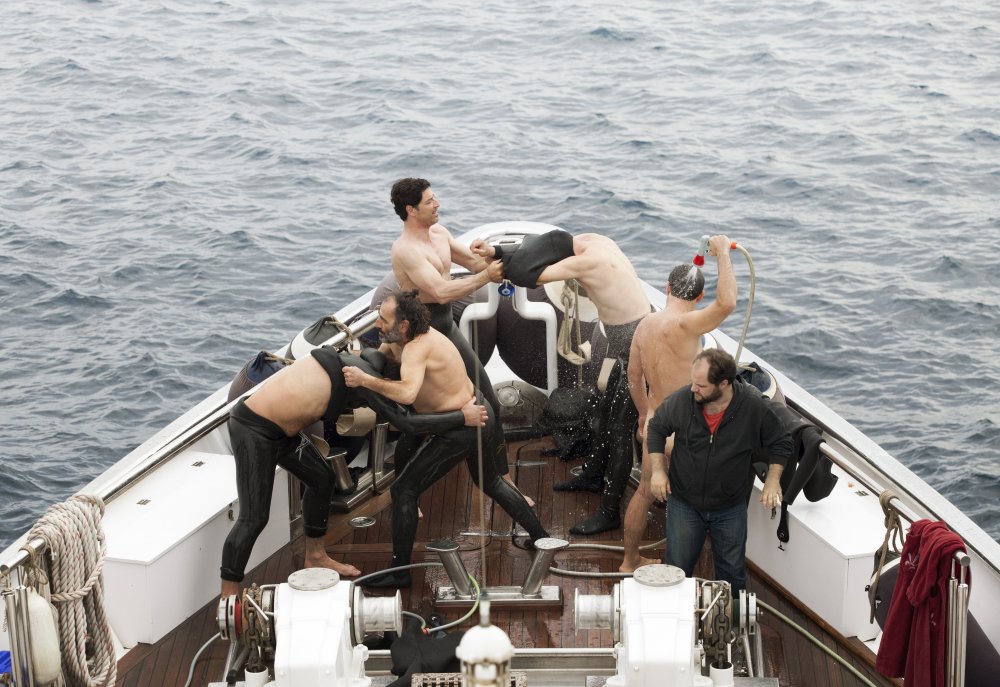
Athina Rachel Tsangari’s Chevalier, winner of this year’s London Film Festival Official Competition
This year’s festival saw 46 features directed by women (19 per cent of the total). It would do both these films and their filmmakers a disservice to lump them together, though I noticed one theme common to four of my favourites. Lucile Hadžihalilović’s eerie, esoteric Evolution, Ondi Timoner’s Russell Brand documentary Brand: A Second Coming, Deepa Metha’s Indo-Canadian gangster comedy Beeba Boys and Athina Rachel Tsangari’s Official Competition winner Chevalier are all stories about men, as seen through the omniscient eyes of their female storytellers. The latter two are comical critiques of macho posturing, finding humour in the pissing contests carried out between their respective groups of men, while both Evolution and Brand prod and probe the interiorities of the individual men-children they pivot around. By creating flawed, complicated portrayals of masculinity, these women prove – as Abi Morgan noted during at the festival’s gender symposium – that men don’t always have to be heroes.
Suffragette is the successful product of female creators who pooled their power, the high-profile buzz around the film cementing it as the spearhead of Stewart’s strong-women movement. Yet mapping the burden of representation onto a historical drama compresses the feminist struggle and crystallises it into a moment of history. The over-emphasis on films that vaunt their feminist mantle often obscures the ones that are less explicit (though not necessarily less effective) in their intentions to challenge patriarchal agendas. More powerful are the films in this year’s festival programme that have reached beyond didacticism, finding value in creators who filter their characters and their worlds through a distinctly feminine lens.
-
Women on Film – all our coverage
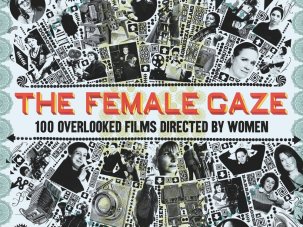
A window on our ongoing coverage of women’s cinema, from movies by or about women to reports and comment on the underrepresentation of women...
-
The Digital Edition and Archive quick link
Log in here to your digital edition and archive subscription, take a look at the packages on offer and buy a subscription.




